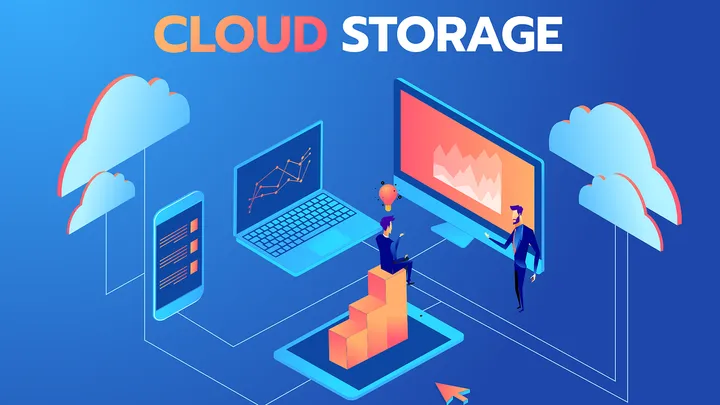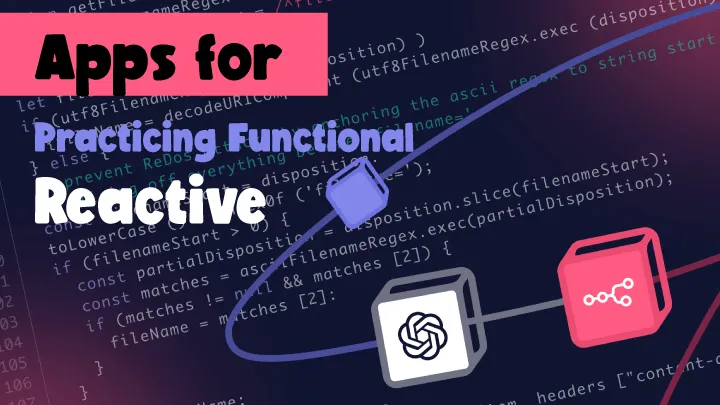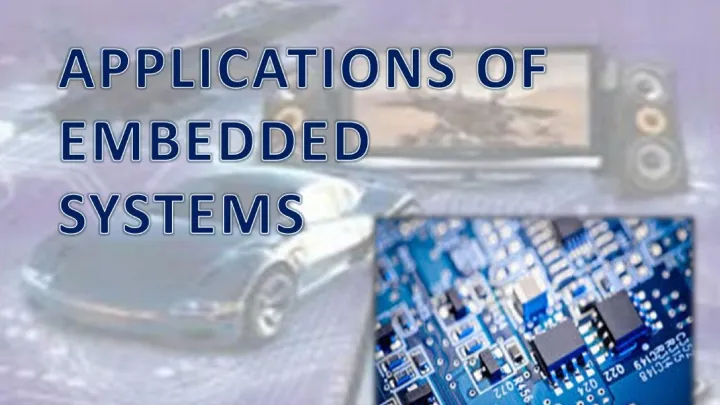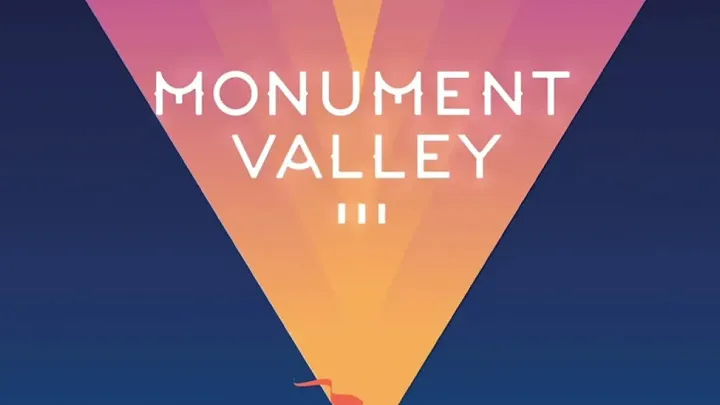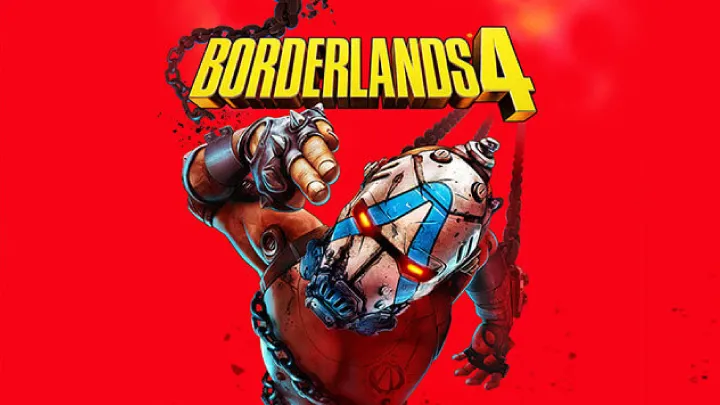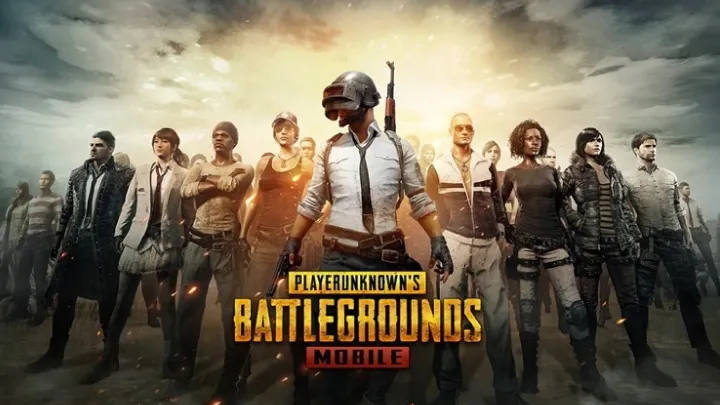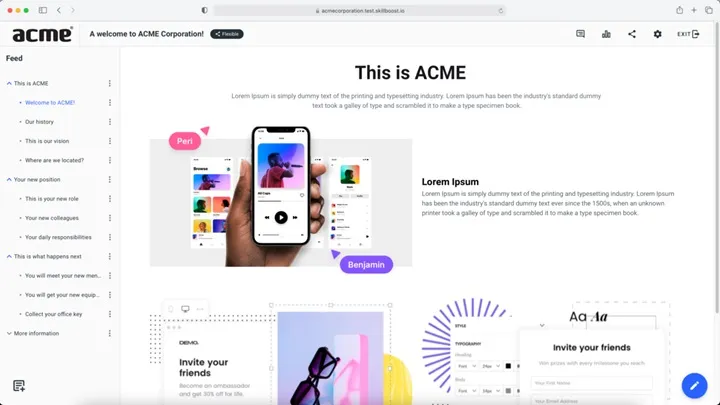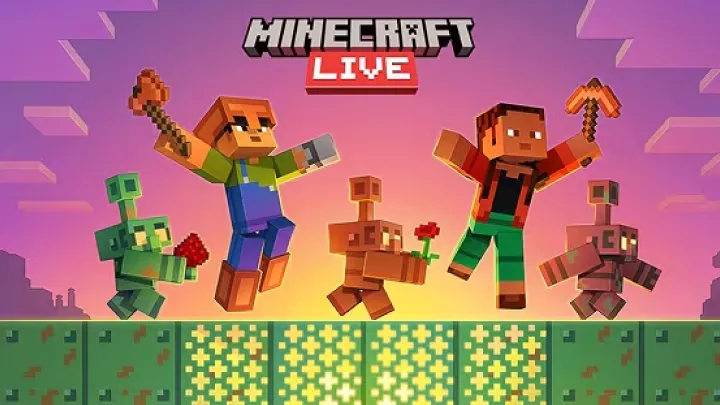Introduction
GraphQL development revolutionizes API interactions by enabling precise data fetching via queries, mutations, and subscriptions, powering efficient apps in 2025's data-intensive landscape where adoption surges 25% yearly per industry reports, fueling real-time experiences at GitHub and Shopify. Mobile apps make exploration accessible, offering interactive playgrounds, schema visualizers, and code generators to practice endpoints on the go without a full IDE. This review spotlights the top 6 apps for GraphQL learning, selected from 2025 app store trends, developer surveys on Stack Overflow, and insights from GraphQL.org and community forums like Reddit. Each app details features, strengths, and weaknesses (as tailored paragraphs), with an overall evaluation without scores. From novices crafting first queries to intermediates federating schemas, these iOS- and Android-optimized platforms provide over 2000 words of query-sharp insights to GraphQL your development anywhere.
1. Postman
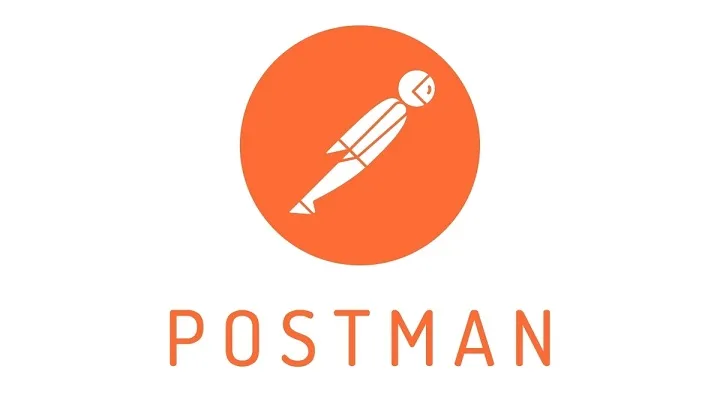
Overview: Postman's mobile app excels in GraphQL exploration with query builders, introspection, and mock servers for testing schemas and resolvers in real-time.
Strengths: Intuitive GraphQL tab lets users introspect endpoints and auto-complete queries, simulating mutations with variables for full-cycle practice. Syncs workspaces across devices, while free tier supports unlimited collections and environment variables for dynamic data. Collaboration shares queries via links, ideal for team schema reviews, and monitors validate subscription streams. Offline mode caches requests for later execution, bridging connectivity gaps.
Weaknesses: Advanced federation requires desktop extensions, and mobile UI compresses complex schema trees. Free limits private mocks to basics, with pro $12/month unlocking unlimited. Lacks deep code generation for clients like Apollo.
Overall Evaluation: Postman queries GraphQL exploration fluidly with mocks, essential for API testers, though federation depth favors hybrid setups.
2. Apollo Developer Hub (Mobile Companion)
Overview: Apollo's mobile app, tied to the Developer Hub, facilitates GraphQL client development with code gen previews, query testing, and schema downloads for React Native and iOS/Android integration.
Strengths: Generates type-safe queries for Apollo Client, previewing in mobile sandboxes for immediate app testing. Free access to schema registry and explorer, with offline schema caching for commute edits. Tutorials guide from introspection to subscriptions, aligning with 2025's federated graphs. Integrates with Expo for React Native prototypes.
Weaknesses: Relies on web hub for full gen, mobile feels supplementary with lighter previews. Setup needs API keys, steep for beginners. Limited to Apollo ecosystem, ignoring Hasura alternatives.
Overall Evaluation: Apollo empowers client-side GraphQL with code gen, ideal for React devs, but web dependency tempers standalone mobile use.
3. Insomnia
Overview: Insomnia's mobile app supports GraphQL design via request chaining, environment mocks, and GraphQL-specific plugins for schema exploration and mutation testing.
Strengths: Plugin support adds introspection tools and response formatters, enabling chained queries for relational data practice. Free unlimited requests with offline editing, Git sync for versioned schemas. GraphQL mode highlights errors in queries realtime, and folders organize resolvers logically. Lightweight for mid-range devices.
Weaknesses: Mocking script-heavy without visual builders, and mobile lacks full plugin store. iOS exports fiddly for sharing. Premium $5/user/month for teams.
Overall Evaluation: Insomnia streamlines GraphQL requests with plugins, great for chainers, but visual mocks lag behind rivals.
4. Altair GraphQL Client
Overview: Altair's mobile app serves as a dedicated GraphQL IDE for querying, documenting schemas, and sharing collections, with support for subscriptions and variables.
Strengths: Visual schema explorer maps types and relations interactively, perfect for learning resolvers. Free open-source with offline queries, dark mode for extended sessions. Collections save parameterized mutations, and export to cURL or code snippets aids integration. Community extensions add docs generation.
Weaknesses: No built-in mocking, relying on external for fakes. Mobile navigation scrolls long schemas poorly. Lacks realtime collab.
Overall Evaluation: Altair visualizes GraphQL schemas elegantly, suiting explorers, though mocking absence needs companions.
5. GraphiQL
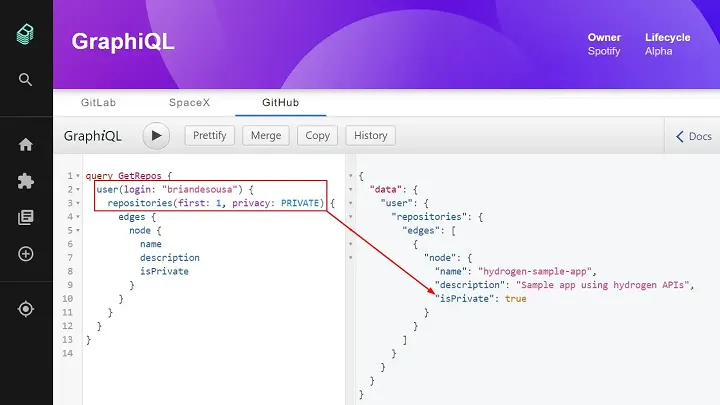
Overview: GraphiQL's mobile wrapper app provides an in-browser IDE for GraphQL, with query editing, introspection, and result tabs for hands-on development.
Strengths: Clean interface auto-completes fields from schemas, visualizing results in tables for easy debugging. Free and embeddable, offline via PWA install. Tabs separate queries from mutations, with variables panel for complex params. Ties to GraphQL.org tutorials seamlessly.
Weaknesses: Basic without advanced docs or history, and mobile PWA quirks on iOS. No subscription support natively. Lacks code export.
Overall Evaluation: GraphiQL basics GraphQL querying accessibly, perfect for starters, but features trail fuller clients.
6. Hoppscotch
Overview: Hoppscotch's PWA app enables GraphQL mocking through collections, realtime rooms, and dynamic variables for collaborative endpoint practice.
Strengths: Realtime collab in rooms shares queries live, fostering team schema design. Free open-source with unlimited offline collections, WebSocket for subscriptions. Dynamic vars script responses, and history replays tests. Installs as app for native feel.
Weaknesses: Mocking script-based, no dedicated servers. Mobile shortcuts missing, slowing edits. PWA inconsistencies on Safari.
Overall Evaluation: Hoppscotch collaborates GraphQL openly, ideal for teams, but scripting mocks demand code comfort.
Conclusion
Exploring GraphQL development on mobile queries 2025's API future, from efficient fetches at Airbnb to federated graphs at scale, and these six apps endpoint your ascent. Beginners introspect with GraphiQL or Altair visuals, deepen with Postman mocks or Apollo gen. Standouts like Insomnia's chains or Hoppscotch's rooms shine—but mocking basics or PWAs suggest blends. As federated evolutions surge, they adapt. Query daily, resolve schemas, mix apps to GraphQL craft APIs that connect precisely.








